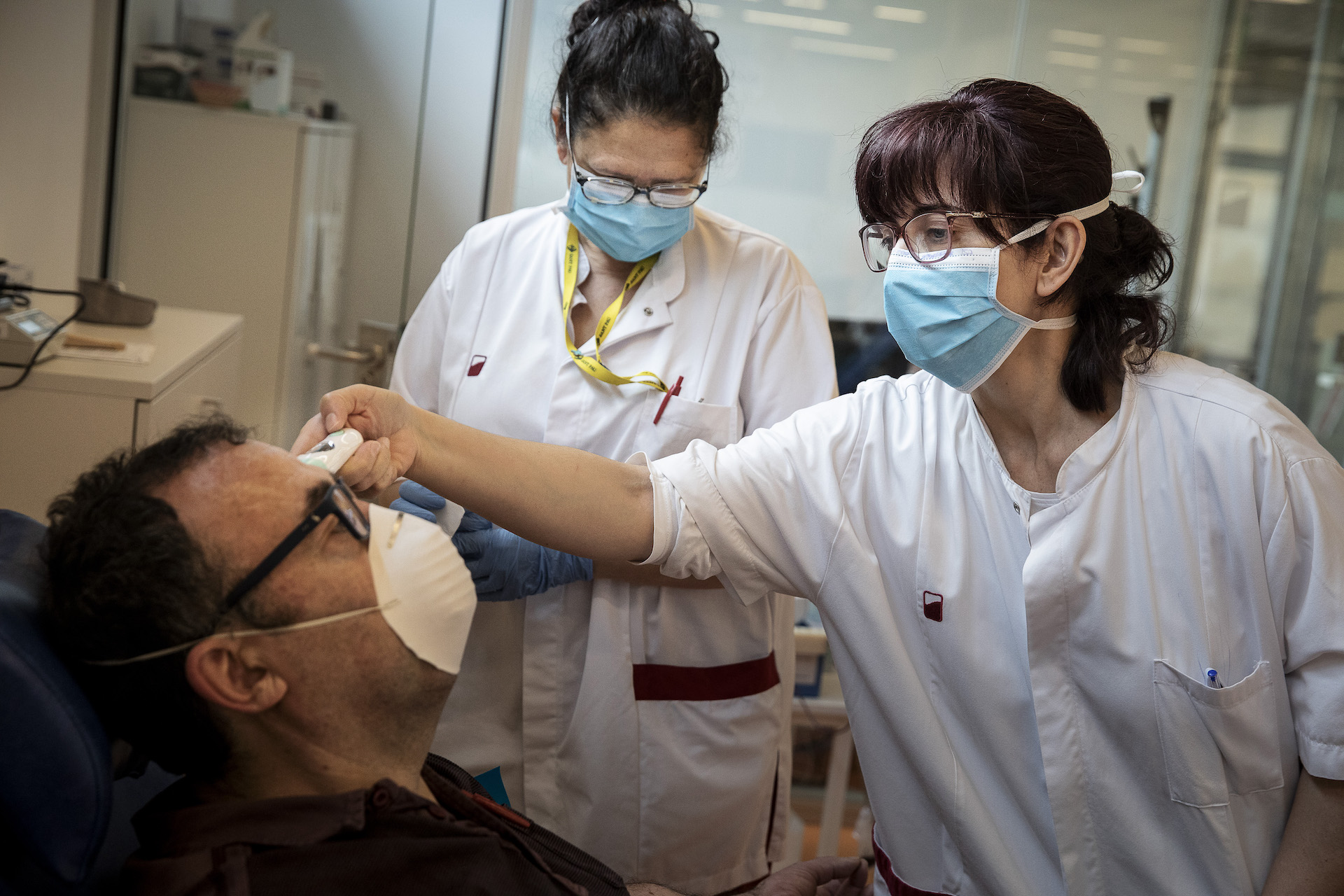
Black fungus found to infect COVID patients. Know ways of detection, cure
A rare fungul infection, mucormycosis, commonly known as black fungus, has been reported in some people from Delhi and Gujarat who recently recovered from COVID-19.

A rare fungul infection, mucormycosis, commonly known as black fungus, has been reported in some people from Delhi and Gujarat who recently recovered from COVID-19.
Six cases were found in Sir Ganga Ram Hospital in Delhi while eight people have been reported to have lost their vision in Surat (Gujarat) due to black fungus. Doctors have detected about 40 more cases of infection in Surat.
Mucormycosis primarily affects vision and was found to be a cause of death among immunodeficient patients with transplants.
What causes black fungus?
Dr Ajay Swaroop, the chairman of the ENT department at Kiran hospital in Surat, told India Today that use of steroids in treatment of COVID patients, especially those having diabetes, may be the reason for rise in the number of black fungus cases.
It is a serious infection caused by a group of molds or fungi called mucormycetes, which could be found anywhere in nature. The fungus enters the body by inhaling and generally affects the sinuses or the lungs first. It can also enter the body through cuts or burns.
Mucormycosis is not a new infection, but doctors sounded alert last year after several COVID patients, on the verge of recovery, were found infected by the fungal disease which caused them blindness.
Also read: DCGI clears Vivafin, drug may ease respiratory distress in COVID patients
Symptoms
The two most common symptoms are excruciating headache and redness in eyes.
Other indications: Fever, cough, chest pain or shortness of breath.
Blisters or ulcers appear in cutaneous (skin) mucormycosis. Redness, swelling or black spot around the infected area are common indicators.
In case of COVID patients, the symptoms of black fungus appear two-three days after a person has recovered. The infection first occurs in the sinus and affects eyes after 2-4 days, said ENT specialist Dr Sanket Shah of Kiran Hospital in Surat. A day after, it can reach all the way to the brain.
Prevention
Early detection is the key. If biopsy report comes positive, immediately start antifungal therapy to contain the infection at the onset.
Avoid direct contact with dust. It is advisable to wear shoes, full pants and gloves while handling soil or moss, and clean skin injuries well with soap and water.
Who should be careful?
COVID patients, who have recovered but have a weak immunity, need to be careful. People with high diabetes, kidney/heart failure/cancer and those on immunosuppressive drugs need to be very careful.

